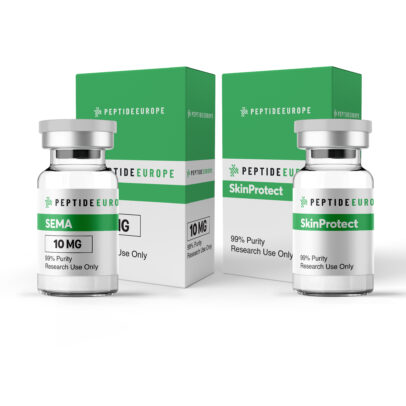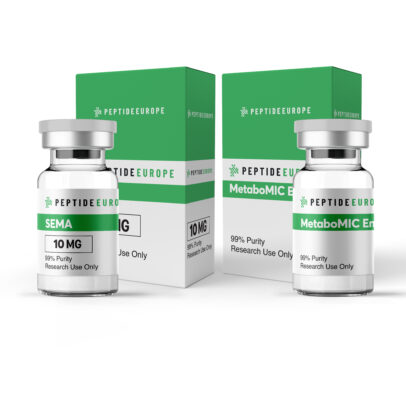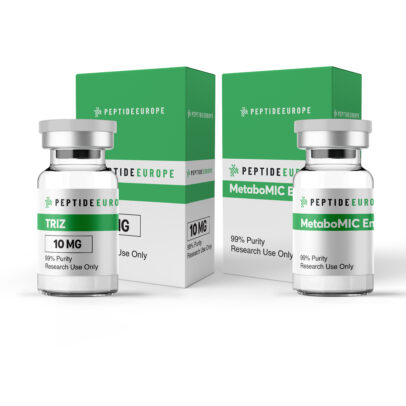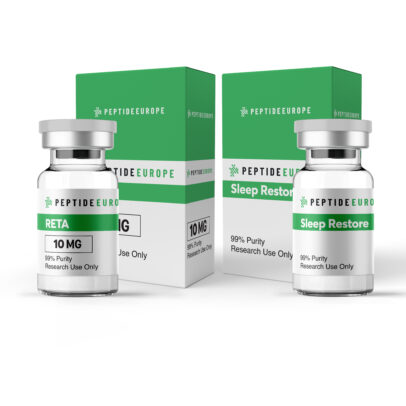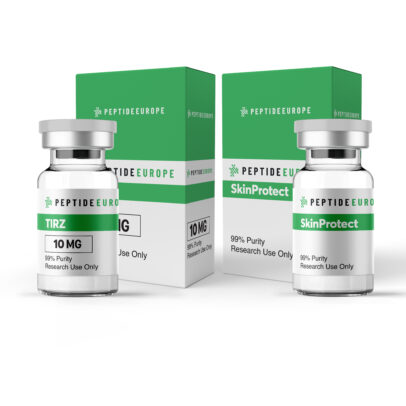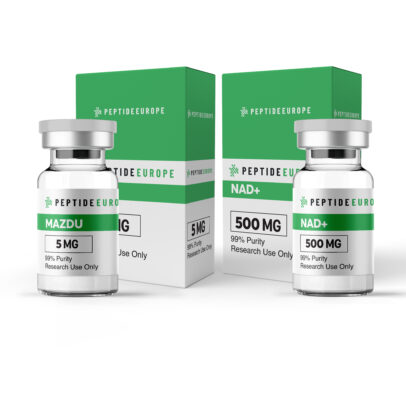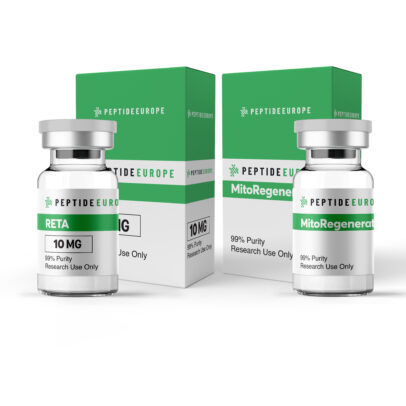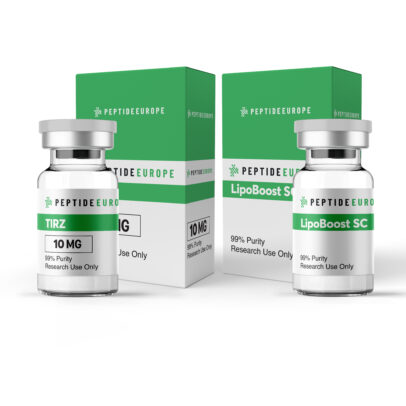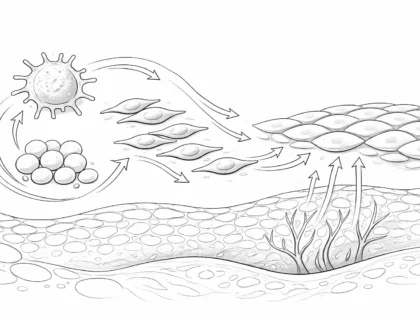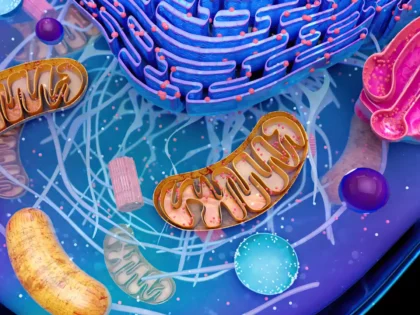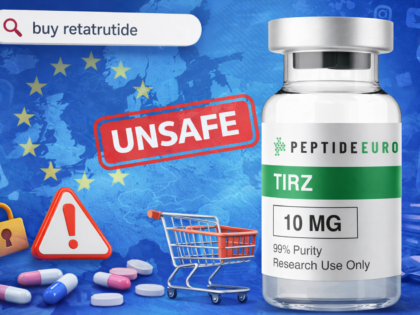Cholera Symptoms: How to Recognize and React Early
-
PepEurope
- Posted on
- 0 comments
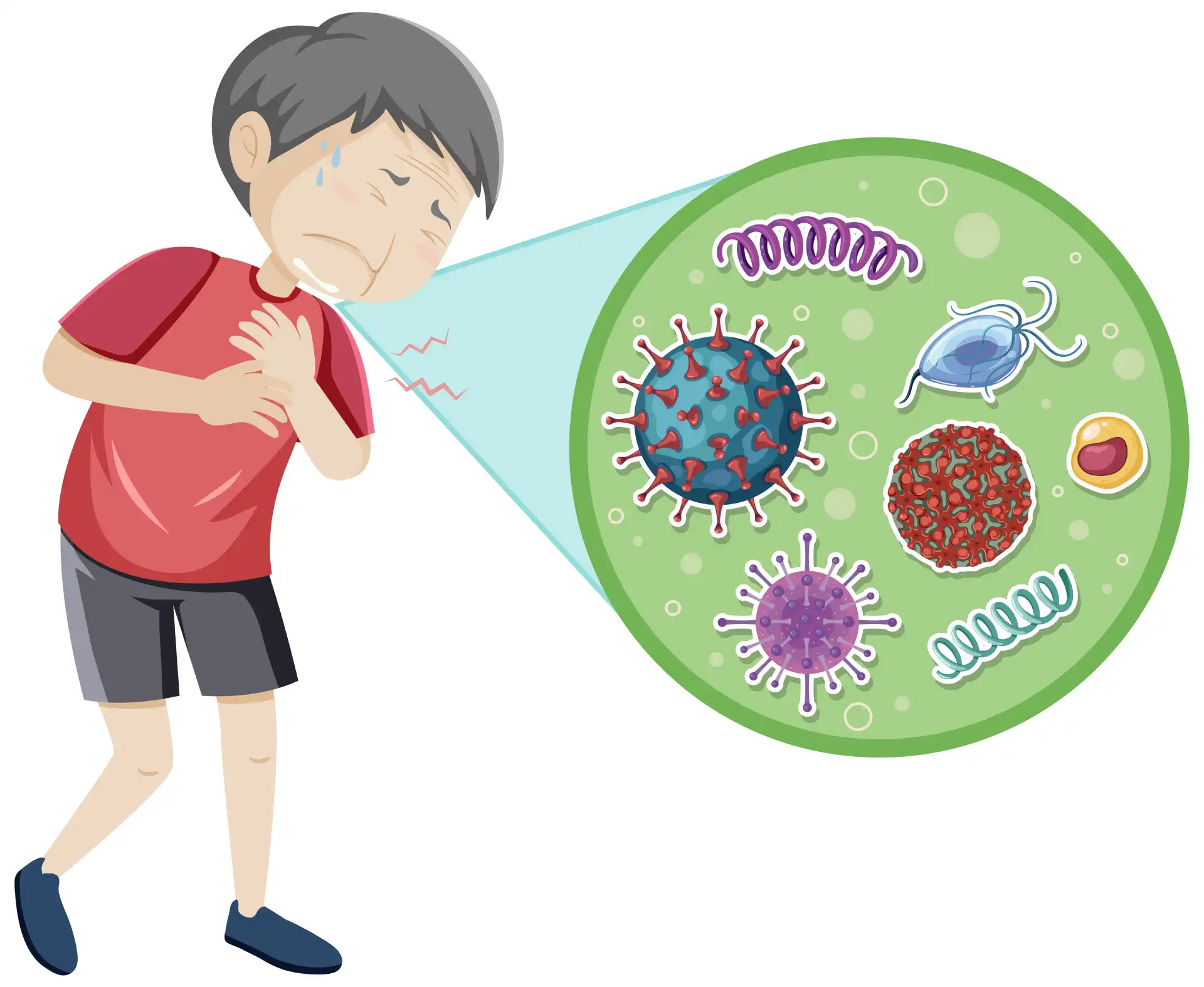
Cholera is a serious bacterial infection caused by Vibrio cholerae that can lead to severe diarrhea and dehydration. While it's rare in developed countries thanks to modern sanitation, cholera remains a threat in many parts of Asia, Africa, and Latin America, especially where clean water and hygiene are limited.
Recognizing the Cholera symptoms early is critical untreated cholera can be fatal within hours. This article will guide you through the symptoms of cholera, how it spreads, the risks, and what to do if you or someone you know gets sick.
What Causes Cholera and How It Spreads
Cholera is caused by the bacterium Vibrio cholerae, which produces a toxin in the small intestine causing the body to lose large amounts of water and salts rapidly. The bacteria usually spread through contaminated water or food, especially in crowded areas without proper sanitation.
Eating raw or undercooked shellfish from contaminated waters can also put you at risk. Vulnerable groups include travelers to high-risk areas, young children, older adults, and anyone with low stomach acid as stomach acid normally helps kill harmful bacteria.
Sema Beauty & Slim (weight control / healthy skin)
Sema Metabolic Boost (Appetite / Metabolism / Energy)
Metabolic Boost Duo (Appetite Suppression / Energy / Metabolism)
Sleep and Slim Pack (weight control / sleep regeneration)
Most Common Symptoms of Cholera
Cholera Symptoms often start suddenly and include severe, watery diarrhea, often described as “rice-water stools” due to its pale, milky appearance. Vomiting is also common, especially early on, along with muscle cramps caused by loss of salts. People may feel weak, dizzy, and extremely thirsty. Many people infected with cholera may not have symptoms but can still spread the bacteria. Symptoms typically appear within hours to a few days after exposure.
Symptoms of Cholera include:
- Watery diarrhea (often “rice-water” appearance)
- Vomiting
- Leg cramps
- Extreme thirst
- Fatigue and weakness
- Dizziness or lightheadedness
- Reduced or no urine output
It is crucial to recognize these symptoms early to prevent severe dehydration and complications.
Dehydration: The Most Dangerous Symptom
The biggest threat of cholera is dehydration. Rapid fluid loss can cause dry mouth, sunken eyes, a fast heartbeat, and skin that loses elasticity, meaning it doesn't bounce back when pinched. If not treated promptly, dehydration can lead to dangerously low blood pressure and electrolyte imbalances that affect the heart and muscles. Recognizing these signs early and starting rehydration therapy immediately can save lives.
Complications of Untreated Shit
Without proper treatment, cholera's rapid dehydration can cause hypovolemic shock, where the body loses so much fluid that organs start to fail. Other serious complications include irregular heart rhythms, kidney failure, coma, and death. Children and the elderly are particularly at risk of these severe outcomes.
When to See a Doctor
If you experience sudden, severe diarrhea especially after traveling to areas with known cholera outbreaks or if symptoms like extreme thirst, muscle cramps, weakness, or little to no urination develop, seek medical care immediately. Early treatment with fluids can prevent serious complications. Don't wait for symptoms to worsen.
Sema Beauty & Slim (weight control / healthy skin)
Sema Metabolic Boost (Appetite / Metabolism / Energy)
Metabolic Boost Duo (Appetite Suppression / Energy / Metabolism)
Sleep and Slim Pack (weight control / sleep regeneration)
Treatment and Prevention
Treatment focuses primarily on replacing lost fluids and electrolytes. Oral rehydration solutions or intravenous fluids are lifesaving. In some cases, healthcare providers may prescribe antibiotics to shorten the illness. For children aged 6 months to 5 years, zinc supplements can also aid recovery.
Preventing cholera starts with access to clean water and good hygiene practices. Always wash your hands with soap and water, especially after using the bathroom and before eating or preparing food. Drink only bottled, boiled, or properly treated water. Avoid raw or undercooked seafood and unpeeled fruits and vegetables in high-risk areas. There is also an oral cholera vaccine, such as Vaxchora, recommended for travelers to affected regions — though it should be combined with good hygiene measures.
Conclusion
Cholera is a life-threatening illness that spreads mainly through contaminated water and food. Early recognition of symptoms, especially the telltale watery diarrhea and signs of dehydration can save lives. The best defense is prevention through clean water, proper sanitation, and vaccination when appropriate. Stay informed, practice good hygiene, and seek prompt medical care if cholera symptoms appear.
Sema Beauty & Slim (weight control / healthy skin)
Sema Metabolic Boost (Appetite / Metabolism / Energy)
Metabolic Boost Duo (Appetite Suppression / Energy / Metabolism)
Sleep and Slim Pack (weight control / sleep regeneration)
Are You Struggling to Lose Weight Despite Diet and Exercise?
Many people face the frustrating challenge of stubborn fat that just won't budget, even with strict diets and rigorous workouts. This is often due to slow metabolism, hormonal imbalances, or difficulty burning fat efficiently.
So, what's the solution?
Weight loss peptides offer a cutting-edge approach backed by research. These peptides help boost metabolism, regulate appetite, and promote fat burning naturally. By targeting the root causes of weight gain, peptides can accelerate your fat loss journey safely and effectively.
At PepEurope Ltd, we provide high-quality, scientifically formulated weight loss peptides designed to help achieve fitness goals faster and maintain a healthy, sustainable weight. Remember to use peptides only for research, not for consumption.


